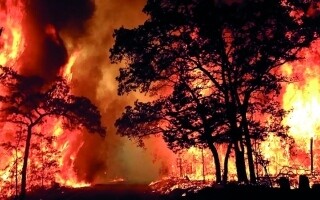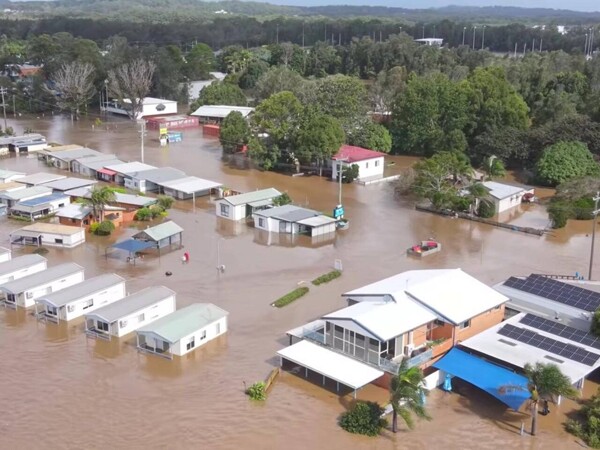
Recent studies conducted by scientists from eight countries, including the United Kingdom, the USA, Germany, and China, have shown that global warming contributes to an increase in forest fires, which could lead to the deaths of up to 12,000 people annually from smoke inhalation. Researchers clarified that in some regions, temperature increases are a primary reason for the heightened risk of fire outbreaks, while in other areas, reduced humidity plays a decisive role.
A public health specialist from the National University of Australia, Professor Hilary Pamberi, stated that "millions of people in Australia are exposed to hazardous and long-term exposure levels to smoke from the fires in the summers of 2019 and 2020." This resulted in the deaths of hundreds of people, and many may suffer long-term health consequences.
Other studies also indicate that global warming increases the risk of forest fires, particularly in Australia, Siberia, and African savannas. A researcher from a university in Brussels, Sibi Lambi, notes that the effects of climatic changes on the general incidence of fires are continuing to rise.
Summarizing the findings, researchers concluded that global warming significantly increases the risk of death from smoke from forest fires in different parts of the world, and in recent years, this has led to an increase in the area of burned forests.
Experts emphasize the need to understand the seriousness of the health consequences of forest fires, as one of the aspects of negative impact due to climate change on human health.














